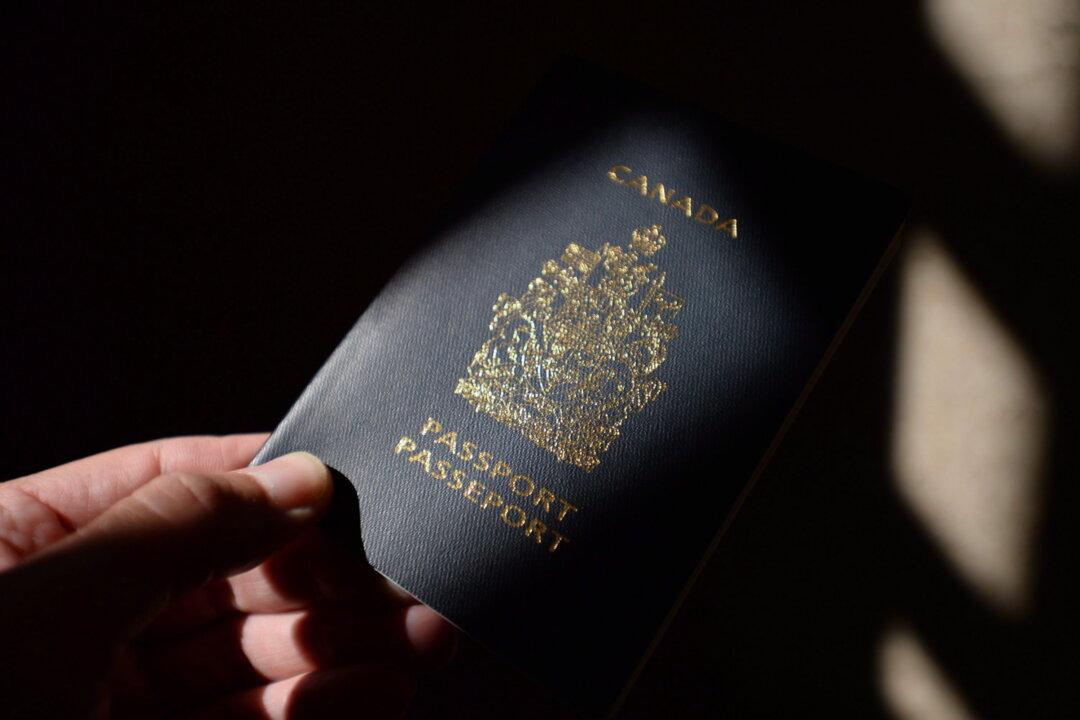Canada will set up a facial recognition system within the next two years that will include the faces of 25 million Canadian passport holders compiled into a database, according to a federal agency notice, despite little evidence of identity fraud in Canada.
“The department must have facial recognition system support capabilities in place no later than October 2023,” the department of Immigration, Refugees and Citizenship Canada (IRCC) wrote in a notice titled “Facial Recognition Solution,” according to documents obtained by Blacklock’s Reporter, where the notice was first reported. The Epoch Times has not independently seen the documents.





